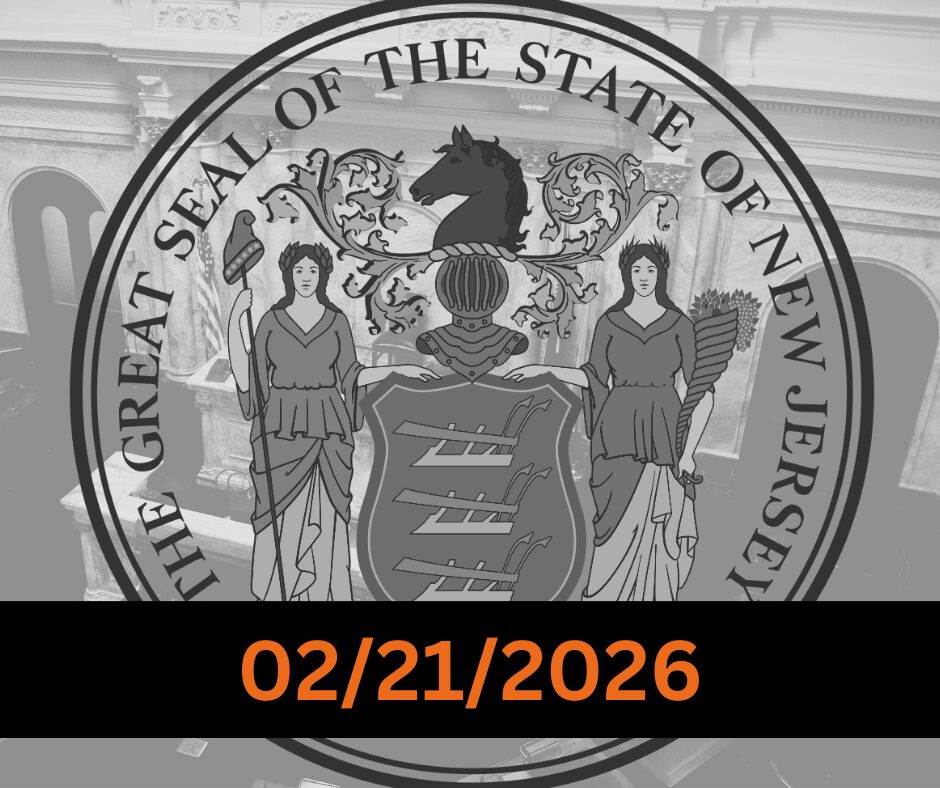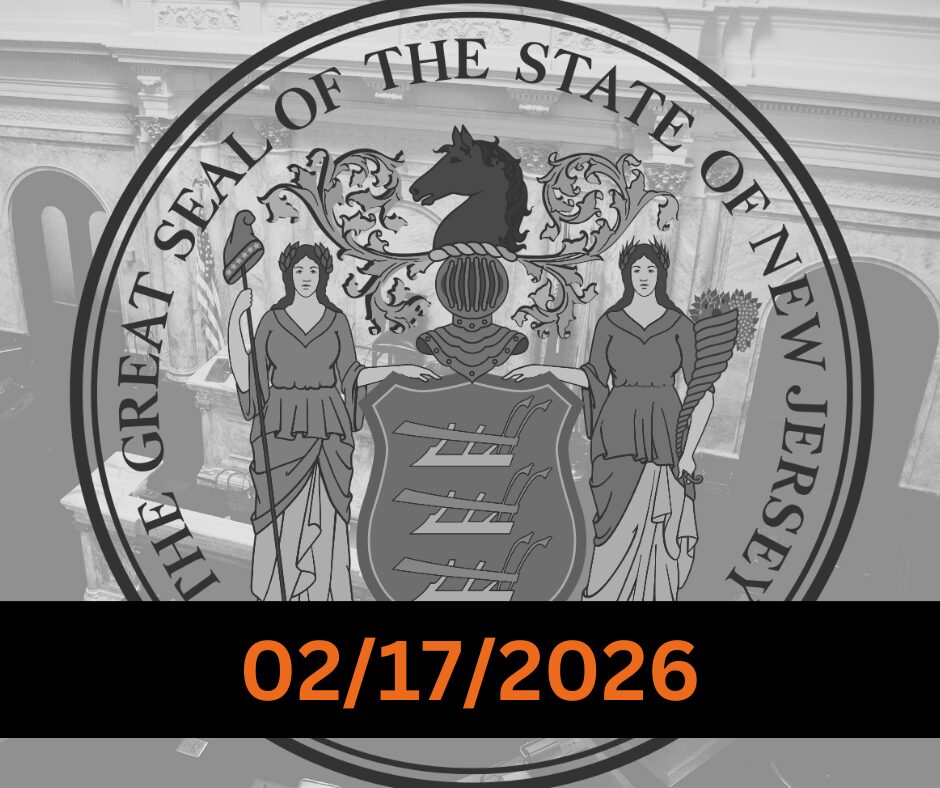Last week, the New Jersey Department of Education announced plans to move to a new kind of state testing called NJSLA-Adaptive. Starting in the 2025–26 school year, students will take computer-based tests that adjust in difficulty as they go.
On the surface, this sounds like progress. But as an organization that’s spent years tracking how schools report student outcomes, we see real risks in the way this change is being rolled out. Adaptive testing could end up making it harder—not easier—for parents, teachers, and the public to understand how students are actually doing, especially since proficiency scores have already been sliding in recent years.
We voted to put these concerns in writing to Education Commissioner Kevin Dehmer. Below is the open letter we sent expressing our concerns and recommendations.
Mr. Dehmer,
NJ21st is a nonprofit civic journalism organization that has a vested interest in the decisions government entities make – especially when they impact children.
Students, teachers, parents, and other key stakeholders are, in a sense, blindsided with a new approach and little to no basis to provide feedback. This creates a context where people may assume the worst.
- Link prior NJSLA scores with the new results before Spring 2026 testing.
- Release performance trends (side by side and including subgroup-level data), under both the previous and new formats for several years.
- Communicate clearly with stakeholders (parents, teachers, school boards) that declines in proficiency pre-2025–2026 are, in fact valid and should not be dismissed.
- Ensure reporting in the School Performance Reports maintains continuity and accountability across the transition period.
Thank you for your dedication to our schools and your consideration of these concerns. We would welcome an opportunity to discuss how we might protect the quality of our children’s education during this transition.
The Board of NJ21st
As a non-commercial and ad-free, free platform, we rely on you to help us grow. If you value independent coverage of local government, please consider helping us out.
Read All Articles on Education
Subscribe to nj21st For Free
Our Commitment to Ethical Journalism
|



